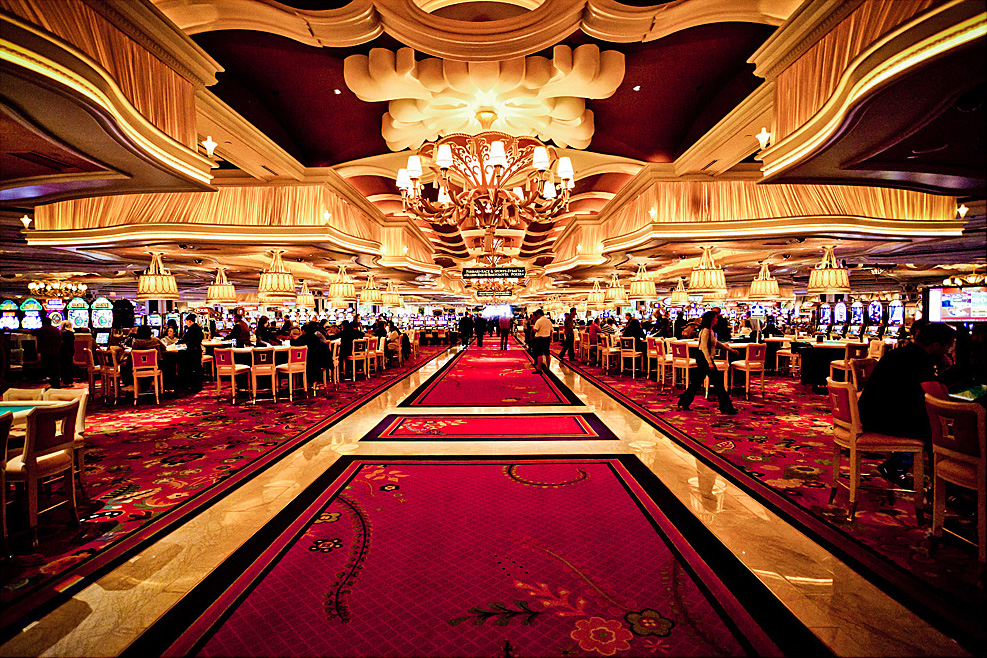
Betting has been an essential part of human recreation for thousands of years, developing through societies and eras to become the exciting casino activities we know today. From the historical Chinese and Romans, who participated in multiple forms of gambling and chance, to the advanced gaming floors of today’s casinos, the attraction of risk and reward has captivated individuals across the globe. The shift from simple dice games and primitive betting setups to the lavish environments of modern casinos reflects significant strides in both social norms and technological advancements.
As societies evolved, so too did the complexity of gambling activities, with gambling activities emerging as a distinct category of leisure and thrills. These games have changed from casual gatherings centered around traditional tables to grand, lavish establishments designed to attract players. Today, we delve into this captivating journey, studying how historical practices laid the foundation for the diverse and thrilling casino activities that bring joy to millions worldwide.
spintax
Early Betting Practices
Betting has profound roots in human history, with evidence of activities of chance tracing back to ancient societies. Archaeologists have found that as far back as 3000 BC, the Chinese were using basic forms of betting with dice made from bones. Similarly, ancient cultures of Mesopotamia engaged in wagering activities, often relying on the throwing of lots or dice to determine outcomes. These early forms of betting served not only as recreation but also played crucial roles in social and cultural practices.
The people of Egypt also were involved in gambling activities, with games that included betting on the outcomes of various events, including athletic events and spiritual festivals. Items such as dice and depictions of gamblers from ancient tombs demonstrate that gambling was a frequent pastime. It provided both relaxation and a means of engaging in social interaction, often linked to celebratory occasions or major gatherings. This activity demonstrated the universal appeal of chance and competition throughout history.
In ancient Rome, betting became a commonplace practice among the populace, as shown in references in texts and the establishment of guidelines around certain games. Romans enjoyed a variety of gambling activities, from wagering on horse races to playing games like modern-day board games. The legal framework surrounding these activities began to take shape, establishing the foundations for gambling regulations that would develop in the centuries to come. The fame of gambling during this period set the stage for the development of casino games in the future.
The Development of Casino Games
Casino games have undergone significant transformations from their roots to the modern-day entertainment options. In ancient civilizations, gaming was commonly connected to ceremonial practices, with games of dice found in the ancient Mesopotamian region and betting on the outcomes of events in classical Rome. These initial forms of gambling laid the groundwork for the structured games we see today. The change from informal gambling to regulated games occurred as societies began establishing rules and venues for wagering, reflecting cultural values and practices.
The medieval period saw the development of card games, which gained recognition among the nobility of Europe nobility. Games like the first and baccarat became mainstays in social gatherings. The development of printing technology further aided the spread of playing cards, making them more reachable to the common people. As gambling houses began to proliferate, these card games transformed into different forms that appealed to wider audiences, eventually leading to the creation of casinos as specialized venues for gaming.
The twentieth century marked a crucial point in the development of casino games, with the rise of commercial casinos in Las Vegas and other gambling hotspots. This era introduced games like slot machines and modern versions of table games, complete with sophisticated graphics and detailed betting structures. The arrival of online casinos in the late 1990s additionally changed the gaming industry, allowing players to access a vast array of casino games from the comfort of their homes. Today, gambling games go on to evolve, blending time-honored elements with cutting-edge technology to create captivating experiences for players worldwide.
Contemporary Gambling Regulations
In recent years, the area of gambling regulations has changed considerably, especially as technology and online gambling have become increasingly prevalent. Authorities around the globe have introduced various laws and guidelines to make certain that gambling activities are conducted justly, responsibly, and transparently. These regulations often encompass elements such as permits, advertising, gambler protection, and sensible gaming measures. Authorities aim to minimize problems such as problem gambling and fraudulent activities while promoting a fair gaming environment.
The emergence of internet gambling sites has created a need for a fresh approach to oversight. Many legal areas have established dedicated online gaming frameworks that serve internet-based gaming, enabling operators to provide their services within the law. These structures often require operators to secure permits, follow strict security protocols, and provide customer support options to assist players. By vigilantly supervising online activities, authorities can better protect consumers from risks and ensure that gaming is conducted in a safe manner. serbu4d
Furthermore, contemporary gambling laws are progressively centering around sensible gaming strategies. Many casinos and online platforms now implement features such as player exclusion, financial limits, and time-outs to help players control their gaming habits. Awareness campaigns aimed at educating about the risks of gambling are also common. As the sector continues to expand, the focus on sensible gaming continues to be a fundamental principle of governing efforts, showing a commitment to promoting a secure and enjoyable gaming experience for all gamblers.
